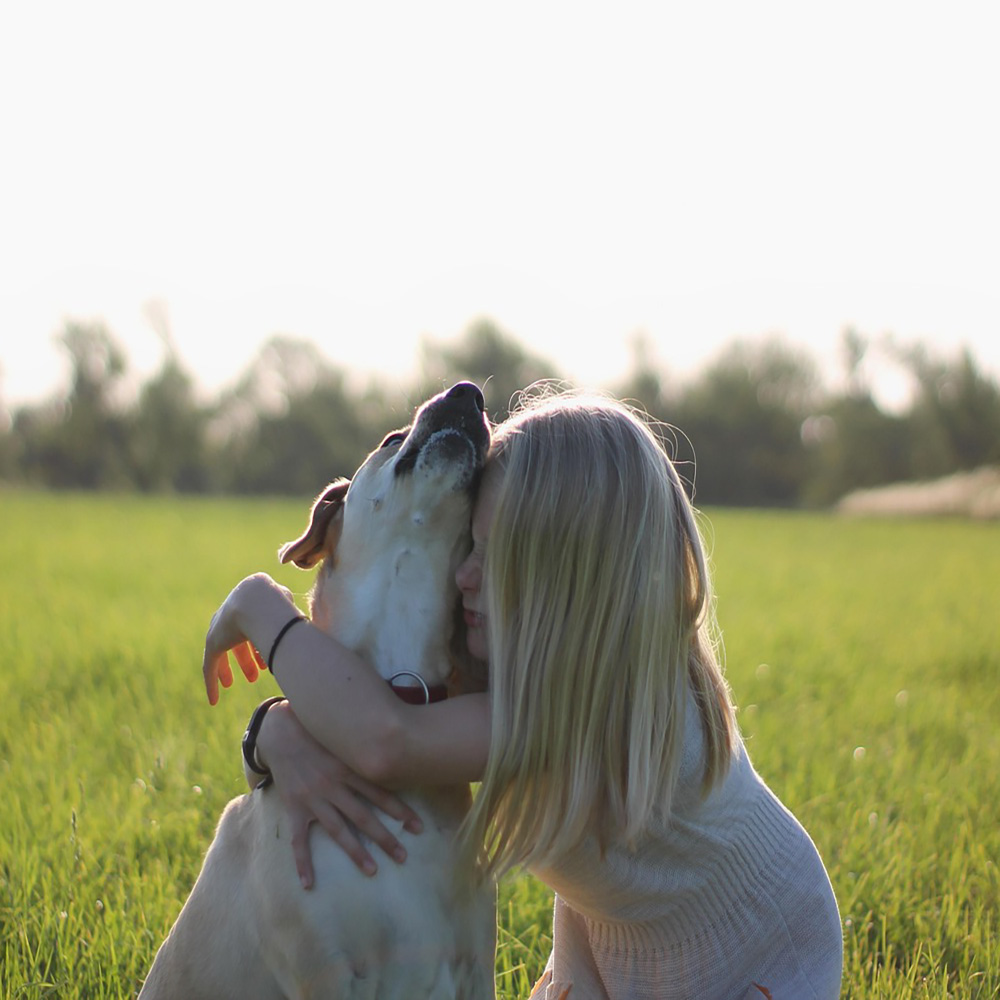For many children, the loss of a pet is their first encounter with death. How we guide them through this experience shapes their understanding of loss, grief, and healing. With patience, honesty, and age-appropriate support, we can help children process their emotions and find healthy ways to remember their beloved friend.
Why Pet Loss Impacts Children Deeply
Pets often hold a unique place in a child's heart. They're confidants who keep secrets, playmates who never judge, and comfort during scary times. Unlike human relationships that can be complex, the bond with a pet is pure and unconditional.
Children may struggle to understand the permanence of death or feel responsible for their pet's passing. They might worry about their pet being cold, hungry, or lonely. These concerns, while they may seem unusual to adults, are very real to children and deserve gentle, honest responses.
Understanding Grief by Age
Toddlers (Ages 2-4)
Understanding: See death as temporary, like sleep. May repeatedly ask when pet is coming back.
How to help: Use simple, concrete language. "Fluffy died. That means her body stopped working and she can't come back." Maintain routines and offer extra comfort.
Preschoolers (Ages 4-6)
Understanding: Beginning to grasp finality but may have "magical thinking" - believing wishes or behaviour caused the death.
How to help: Reassure them it's not their fault. Answer questions honestly but simply. Allow them to express feelings through play or art.
School Age (Ages 6-12)
Understanding: Understand death is permanent. May have specific questions about what happens after death or worry about other pets/people dying.
How to help: Provide factual information. Encourage questions and expression of feelings. Include them in memorial planning.
Teenagers (Ages 13+)
Understanding: Fully understand death but may struggle with intense emotions. Might hide grief from peers or parents.
How to help: Respect their need for privacy while staying available. Validate their grief as real and important. Suggest journaling or creative outlets.

What to Say (and What Not to Say)
Helpful Things to Say
- • "I can see you're really sad. That's okay."
- • "Would you like to talk about Buddy?"
- • "It's not your fault this happened."
- • "Buddy knew how much you loved him."
- • "What's your favourite memory of Buddy?"
- • "It's okay to cry. I'm sad too."
Things to Avoid Saying
- • "Don't cry" or "Be brave"
- • "It was just a pet"
- • "We'll get another one"
- • "Buddy is sleeping" (confusing euphemisms)
- • "God needed another angel"
- • Detailed explanations they didn't ask for
Common Questions and How to Answer
"Where did my pet go?"
Answer based on your family's beliefs, but keep it simple. "When pets die, their bodies stop working. Some people believe their spirit goes to a special place. What matters is that Buddy isn't hurting anymore and we'll always remember the love we shared."
"Is it my fault?"
Be clear and reassuring: "No, this is not your fault at all. Sometimes pets get sick or old, and there's nothing anyone can do to change that. You were a wonderful friend to Buddy."
"Will you die too?"
Offer reassurance without false promises: "I plan to be here for a very long time. Most people and pets live long lives. It's normal to worry about this when we're sad, but I'm healthy and I'm here with you."
"Can we get another pet?"
Acknowledge their feelings: "I understand you miss having a pet. Right now, let's take time to remember Buddy. When we're ready, we can talk about it as a family. A new pet would be different from Buddy, not a replacement."
Healing Activities for Children
Creative Expression
- • Draw pictures of happy memories
- • Create a memory book or scrapbook
- • Write a letter or poem to their pet
- • Make a collage of photos
Memorial Rituals
- • Hold a goodbye ceremony
- • Plant a tree or flowers
- • Create a memory box
- • Light a candle on special days
Storytelling
- • Share favourite pet stories
- • Read books about pet loss
- • Create a "Remember When" list
- • Record voice memories
Acts of Love
- • Donate to animal shelter
- • Volunteer (age-appropriate)
- • Create memorial donation
- • Help other pets in need
Signs a Child May Need Extra Support
While grief is natural, watch for signs that your child might benefit from additional help:
When to Seek Professional Help
- Persistent sadness lasting more than a few weeks
- Significant changes in eating or sleeping patterns
- Withdrawal from friends and activities
- Declining school performance
- Expressing guilt or self-blame repeatedly
- Acting out or aggressive behaviour
Creating New Traditions
As time passes, help children transition from acute grief to cherished memories. Create new traditions that honour their pet while allowing space for healing:
- Celebrate your pet's birthday with a special activity
- Share a favourite memory at family dinners
- Look at photos together when they miss their pet
- Create an annual memorial tradition
- Help them write stories about their pet's adventures
"Grief is the price we pay for love. By helping children navigate pet loss with compassion and honesty, we teach them that love is worth it – even when it hurts."
Remember: Every Child Grieves Differently
There's no timeline for grief and no "right" way to mourn. Some children may seem fine one moment and deeply sad the next. Others might not show much emotion initially but grieve later. Trust your instincts as a parent, stay available, and remember that your presence and understanding are the greatest gifts you can offer.
Create a Memorial Together
Help your child process their grief by creating a beautiful memorial together. Our child-friendly memorial options make it easy to celebrate your pet's life in a way that brings comfort and healing.
Explore Memorial Options